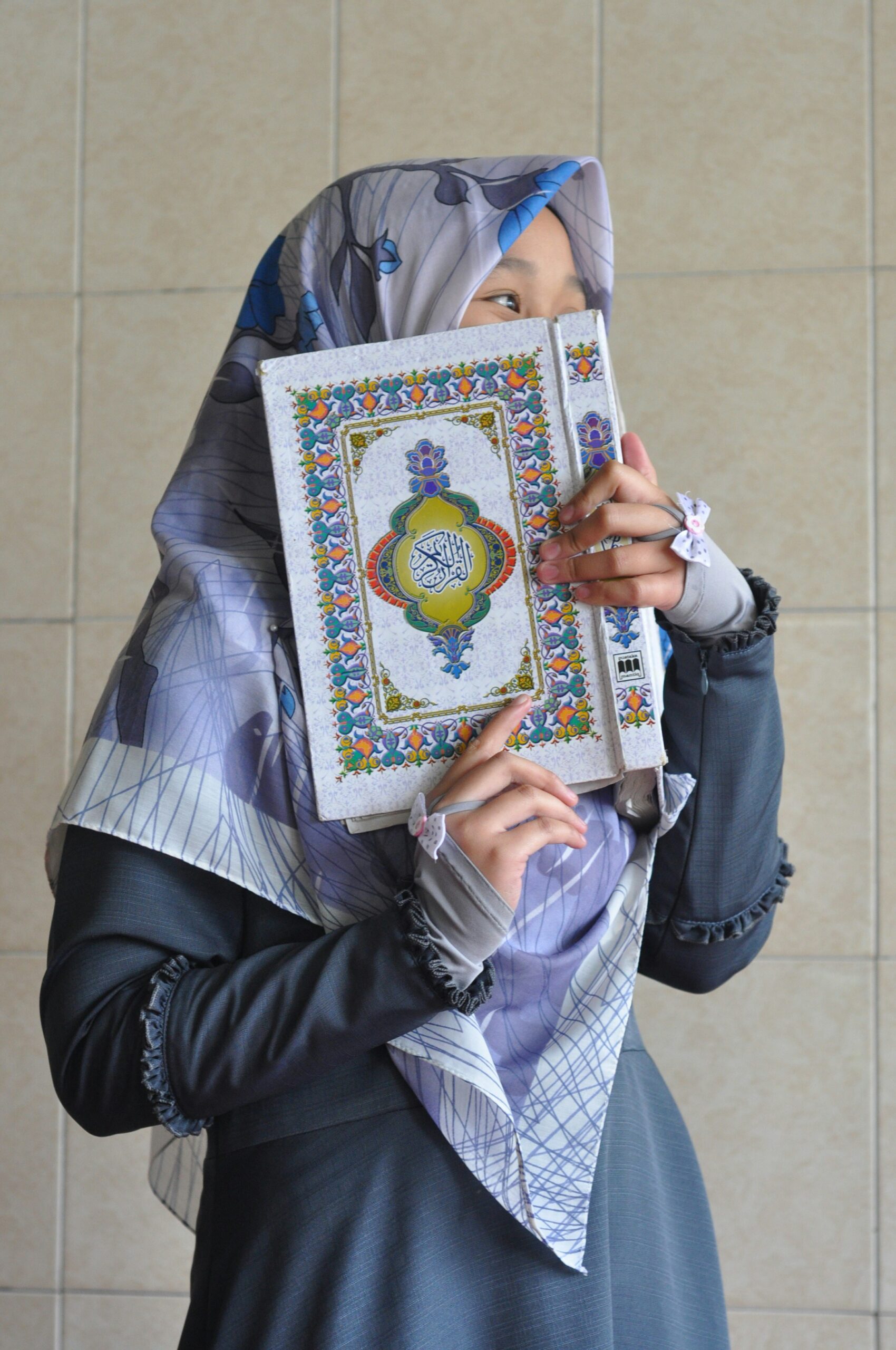“Say, ‘I seek refuge in the Lord of daybreak from the evil of that which He created…'” – Surah Al-Falaq (113:1-2)
SubhanAllah, there are moments in our Islamic learning journey that shake us to our core and force us to see our lives through a completely different lens. Tonight was one of those nights as we delved deep into Surah Al-Falaq and Surah An-Naas—the protective chapters we’ve been reciting for years, yet perhaps never truly understood.
The Reality of Unseen Harm
For years, I recited these surahs without fully grasping what I was seeking Allah’s protection from. Black magic, the evil eye, hidden harm, whispered temptations—these weren’t just abstract concepts or cultural superstitions. They are real spiritual realities explicitly mentioned in the Quran, and recognizing this truth was both eye-opening and humbling.
The Prophet (peace be upon him) called these two surahs “Al-Mu’awwidhatayn” (the two seeking refuge), and he would recite them every morning and evening for protection. When we understand what we’re actually asking Allah to shield us from, these daily supplications take on profound new meaning.
The Hidden Darkness in Our Relationships
But tonight’s reflection extended beyond supernatural harm to something equally damaging—toxic relationships that slowly drain our spiritual energy and pull us away from Allah.
How many of us have found ourselves giving our all to people who offer only the bare minimum in return? How many times have we been the ones who stay when everyone else leaves, who forgive when we should protect ourselves, who apologize for things we never did?
I’ve been that person—exhausting myself in one-sided friendships, questioning whether kindness was even worth it when it left me feeling bitter and depleted. The pain is especially sharp when it involves fellow Muslims, people we thought shared our values and love for Allah.
When Sacred Bonds Are Broken
Losing a friendship that lasted seven years, especially with someone who shared your faith, cuts deep. When someone you trusted walks away without explanation, when they humiliate you publicly and you still try to mend things—it forces you to question everything about how you approach relationships.
The hardest part isn’t the leaving—it’s the realization that you stayed too long, tried too hard, and sacrificed too much of yourself in the process. But alhamdulillah, these painful experiences become our greatest teachers if we let them.
The Two Voices Within
Tonight’s discussion illuminated something profound: within each of us exist two voices. One says “Come, let’s pray” while the other whispers “We have time, we’ll pray later.” One draws us toward Allah, while the other gently pulls us away.
This same dynamic exists in our friendships. Some people inspire us to be better Muslims—they remind us of prayer times, encourage us in our faith, and make dhikr feel natural. Others, perhaps unintentionally, become distractions that slowly distance us from our spiritual goals.
The friends who truly matter are those who, when they see you, remind you of Allah. As the Prophet (peace be upon him) said: “A person is upon the religion of his friend, so let each one of you be cautious about whom he befriends.”
The Modern Darkness of Social Media
Even our digital connections require spiritual discernment. Social media can become a form of the “darkness” mentioned in Surah Al-Falaq—slowly creeping into our hearts, making us feel inadequate, encouraging harmful comparisons, and causing us to forget what truly matters.
Shaytaan is subtle in his approach. He doesn’t always tempt us with obvious sins; sometimes he leads us toward relationships and activities that feel good but are spiritually harmful in the long run.
Learning to Protect Our Hearts
The lesson here isn’t to become cold or untrusting, but to be more intentional about who we allow close to our hearts. Protection isn’t about building walls—it’s about creating healthy boundaries that preserve our spiritual well-being.
We can still be kind, generous, and forgiving while also knowing when to step back. We can love people from a distance when close proximity becomes harmful to our deen and our peace of mind.
A Du’a for Sacred Relationships
Ya Allah, protect me from people with bad intentions. Make me someone who gives, but also knows when to walk away. Surround me with those who remind me of You. Help me forgive, but never forget the lessons. Ameen.
This du’a encapsulates the balance we seek—remaining open-hearted while being spiritually wise, forgiving while learning, generous while protecting ourselves.
Moving Forward with Wisdom
As we continue this journey of faith, may we carry these lessons in our hearts long after the classes end. May we seek Allah’s protection not just from supernatural harm, but from all forms of spiritual darkness—including relationships that dim our light rather than brighten it.
Remember, seeking refuge in Allah isn’t a sign of weakness; it’s recognition that we need divine protection in a world full of seen and unseen challenges. And choosing our companions carefully isn’t selfishness—it’s spiritual wisdom.
“And whoever relies upon Allah – then He is sufficient for him. Indeed, Allah will accomplish His purpose.” – Quran 65:3
May Allah surround us with righteous companions who lift us closer to Him, protect us from all forms of harm, and grant us the wisdom to discern between relationships that nourish our souls and those that slowly drain them. Ameen.
For those who couldn’t join tonight’s reflection, know that your presence was missed, and may Allah allow these lessons to benefit us all on our journey toward Him.


